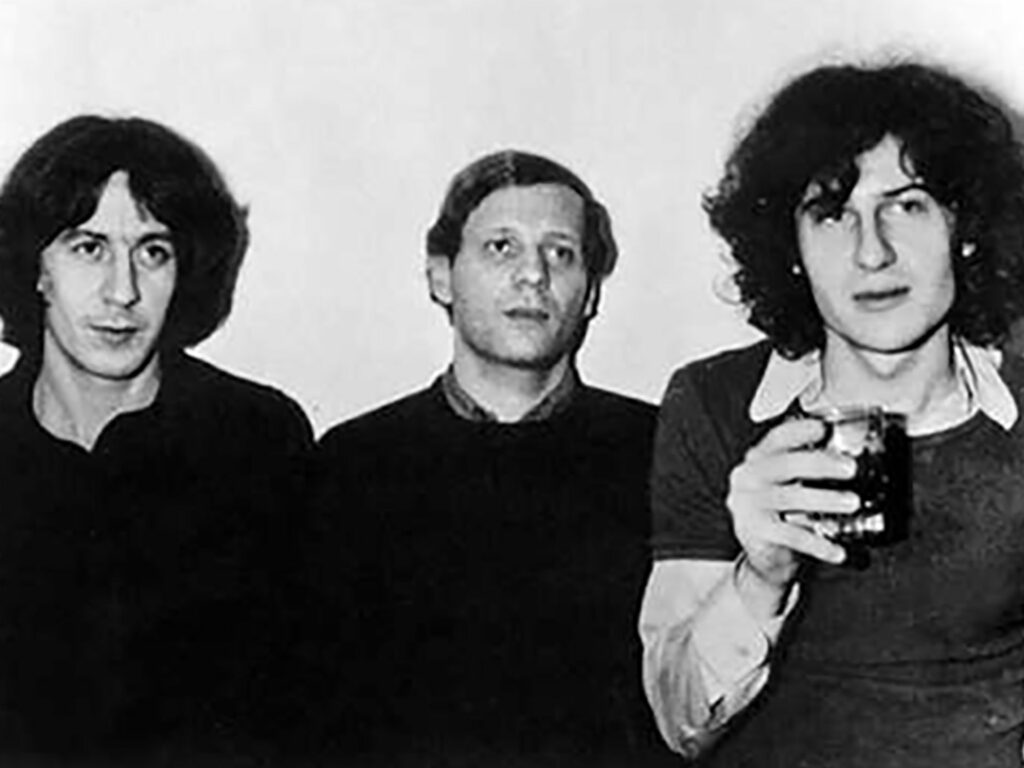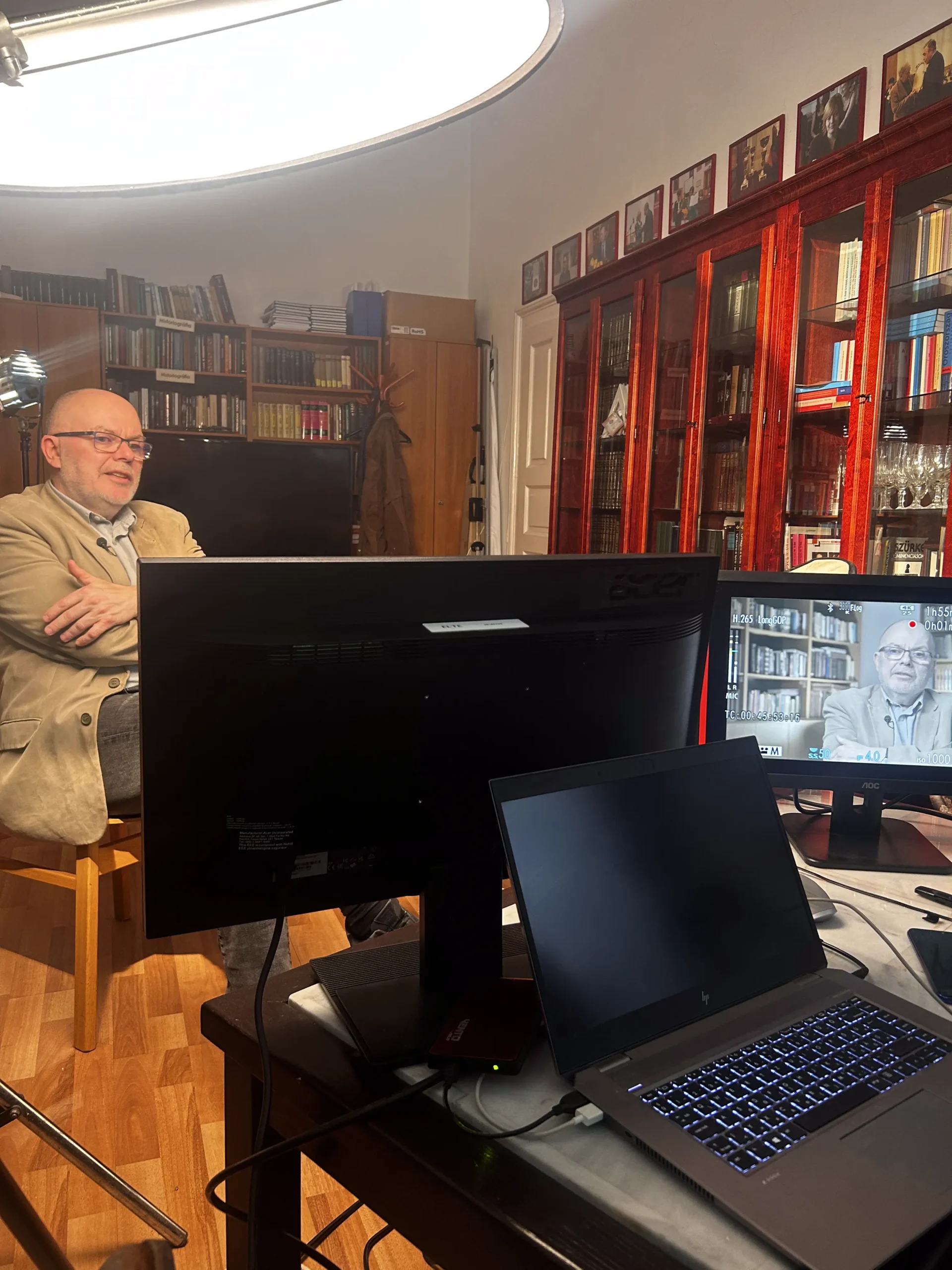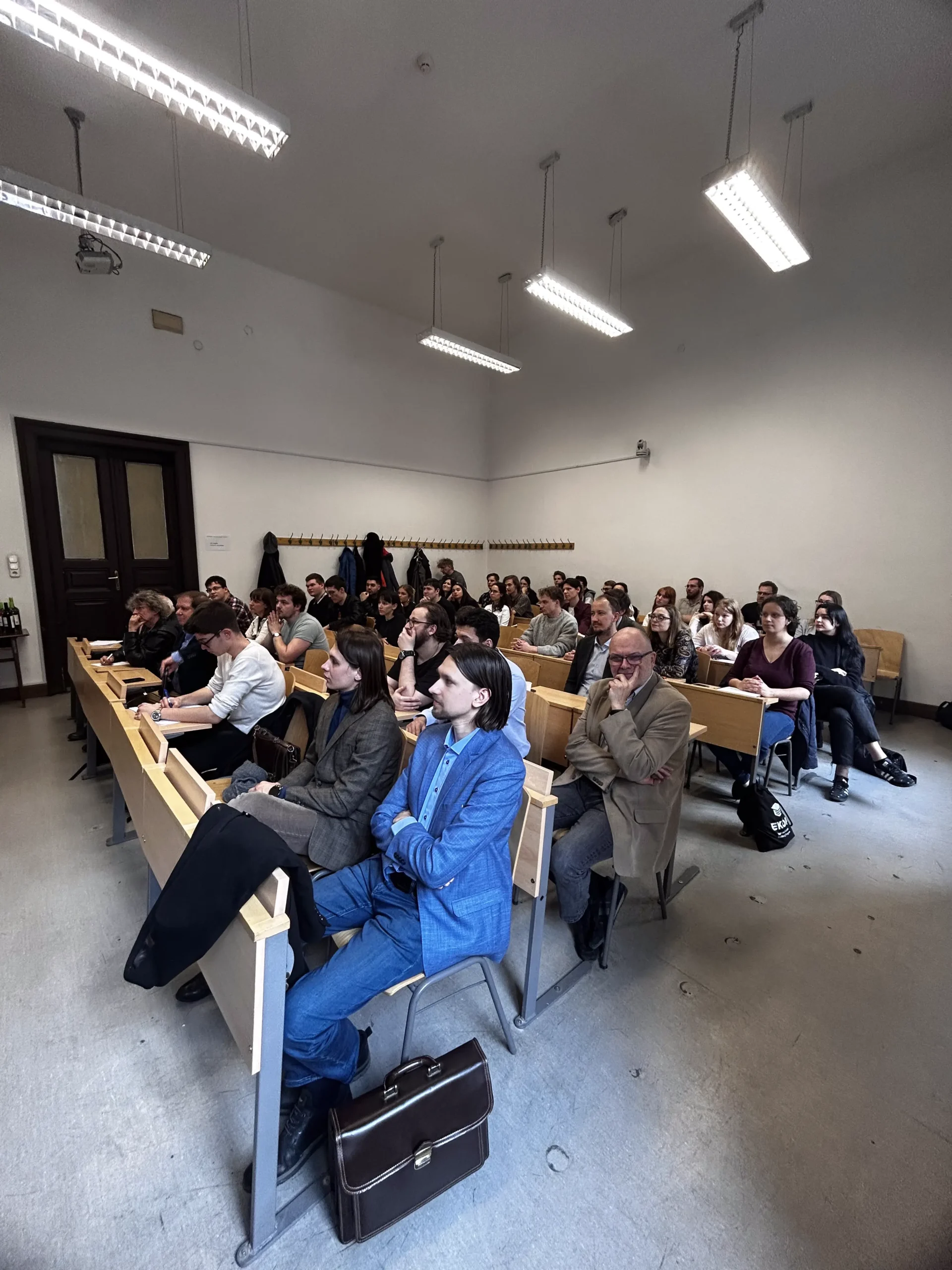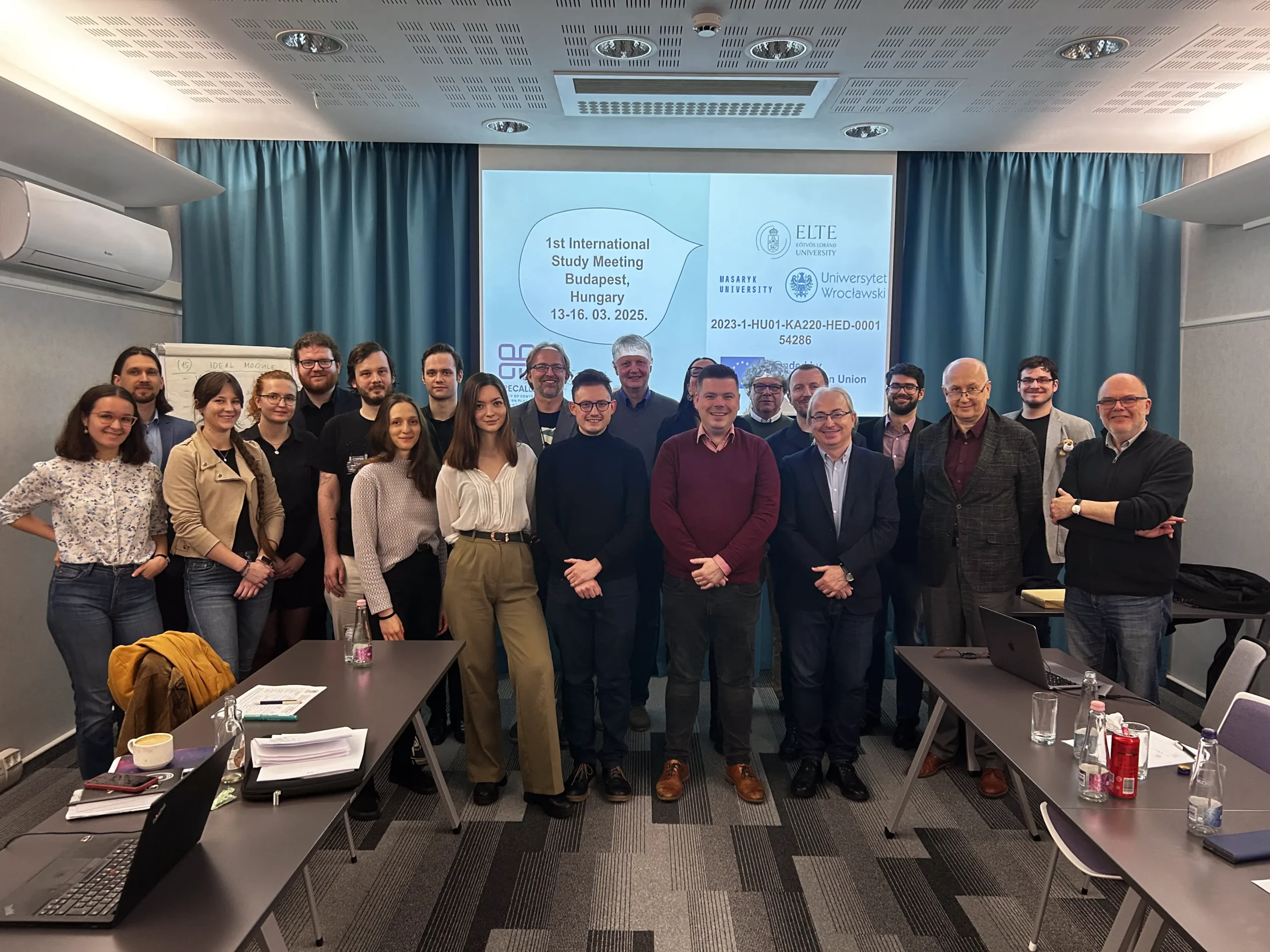Tamás Cseh and the alternative music resistance – Rajkai Pub (Isolabella Pub), Budapest
Fact of the Hungarian figure „Stephen, the King rock opera – National emotions in communism„
Part of the „Culture against communism„ topic
The Rajkai Pub, later known as the Isolabella Pub in Budapest, played a pivotal role in the alternative cultural resistance against Hungary’s Communist regime during the 1970s and 1980s. As a hub for artists, musicians, and intellectuals, it became synonymous with the underground scene that sought to challenge the conformity imposed by state-controlled cultural policies. Among its regulars was Tamás Cseh, a celebrated singer-songwriter whose work became emblematic of quiet defiance through art.
Cseh’s music, marked by poignant lyrics and a deeply introspective tone, often collaborated with poet Géza Bereményi. Together, they crafted songs that captured the disillusionment, absurdity, and small acts of rebellion in everyday life under socialism. Their performances, often hosted in intimate venues like the Rajkai Pub, offered a refuge for audiences seeking authenticity and connection in a heavily censored cultural landscape. Songs like Budapest and Presszó (Café) provided not only an artistic critique but also a form of emotional solidarity for those navigating the alienation of the Communist era. Cseh’s gentle yet incisive approach to storytelling and his ability to weave the personal with the political made his work resonate deeply with audiences. His songs, while specific to Hungary, touched on universal themes of loss, resilience, and the quiet rebellion of preserving one’s humanity under oppressive systems. Tamás Cseh’s artistry was rooted in his own eclectic life experiences. His upbringing in Tordas, fascination with Native American culture, and a formative stint as a teacher gave his music a unique authenticity.






